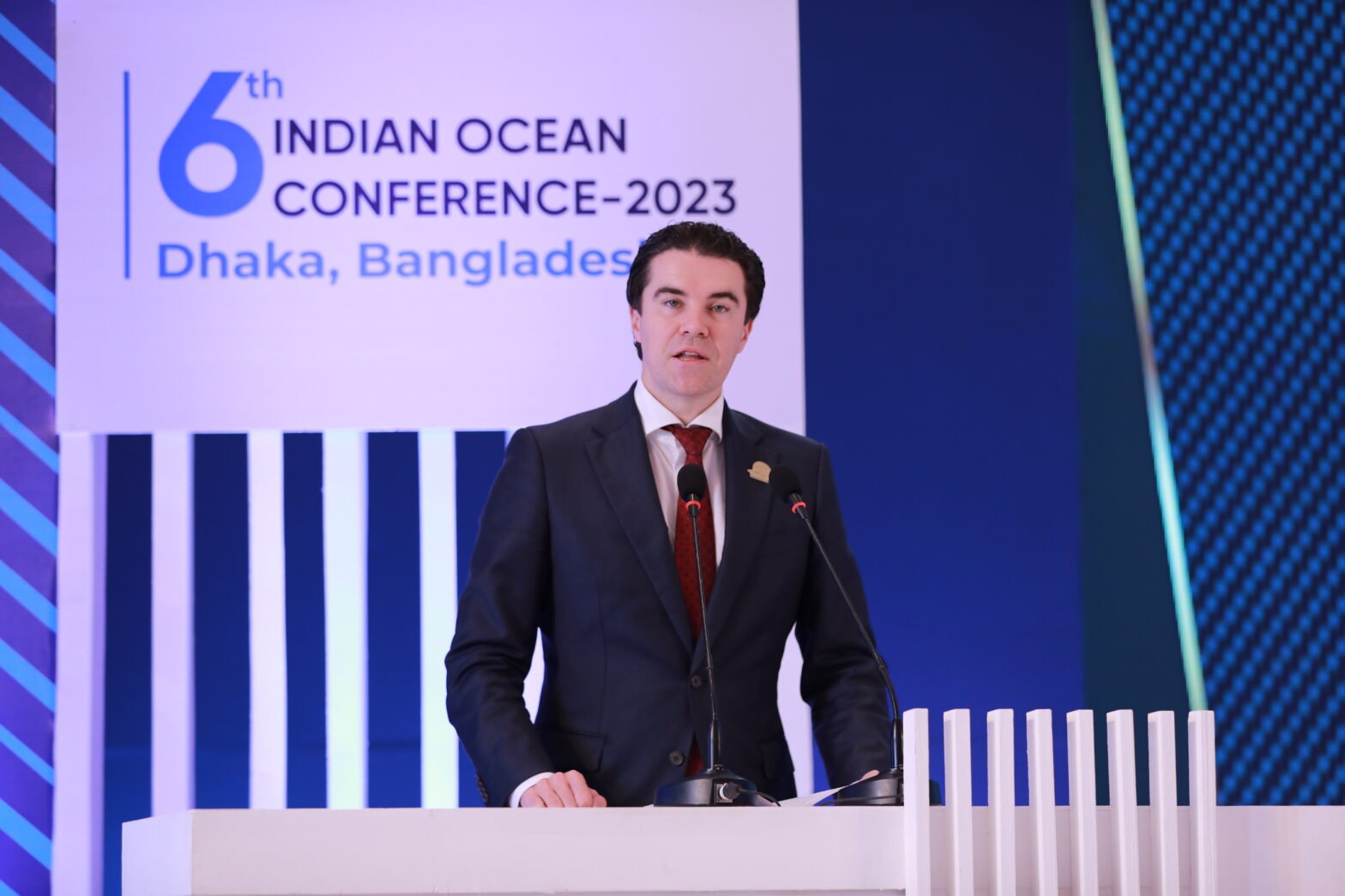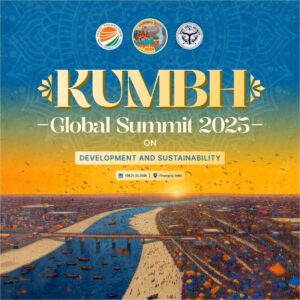Australia’s prosperity and security is intimately tied to the Indian Ocean. Indian Ocean shipping lanes are crucial to the energy security and economies of many countries around the world, including Australia and global trade depends on stability and security here, in particular, the security of crucial chokepoints that are so fundamental to an open, stable and prosperous region.
Looking beyond trade, the Indian Ocean is also one of the key points of confluence for global strategic competition today and in an age in which we rightly obsess about the health of our global environment, the Indian Ocean is an area where the impacts of global warming and other environmental challenges will be felt most.
As the home of unique First Nations cultures, Australia is intensely proud to be the inheritor of the oldest continuous cultures on Earth and we have also benefited immensely from migrant communities from all around the world, that have made and continue to make invaluable contributions to our nation, not least the diaspora communities of South Asia and the Indian Ocean rim.
Australia is part of the Indian Ocean Region – part of its economy, part of its environment, part of its culture, part of its people. So, we believe strongly in building the institutions of and engagement with our region, particularly in the northeast Indian Ocean.
Australia’s Foreign Minister, Penny Wong, has spoken a lot about this recently, about how we want to live in an Indo-Pacific that is peaceful and stable, one that is not characterised by conflict, but one whose character is marked by “rules and norms that underpin our security and prosperity”.
Australia wants the region to be open and inclusive, to be based on agreed rules, to support countries of all sizes choosing their own destiny and we want our region to be prosperous and connected.
To share a measure of just how important the Indian Ocean is to Australia economically – we share the region’s longest Indian Ocean coastline as well as its largest search and rescue zone. So, we are heavily invested in the future of the Indian Ocean Region. But we acknowledge that the Indo-Pacific faces significant challenges: shifting geopolitics; climate change; maintaining the health of the blue economy, the source of millions of jobs across fishing, tourism, mining and transport and a grinding economic recovery post-COVID.
An important part of our work has to be building stronger regional architecture, to support our ability to work together and to build the regional economy. Russia’s illegal invasion of Ukraine has had rippling economic impacts across the region. Apart from the terrible suffering of the Ukrainian people, Russia’s illegal war of aggression against Ukraine has been intensely disruptive to the global rules-based order, and has exacerbated global food supply insecurity. Food prices, energy and fertiliser costs have all spiralled up, impacting people across the Indian Ocean.
As the only Ministerial-level organisation spanning the Indian Ocean, we see IORA as an important forum to address regional challenges. Under Bangladesh’s strong leadership last November, I worked with counterparts in the IORA Ministerial Meeting to agree IORA’s Outlook of the Indo-Pacific. This document marks the first time this region, as a region, has established a common view of an Indo-Pacific built on the international rules-based order, adhering to the United Nations Convention on the Law of the Sea and the rights and obligations UNCLOS contains in relation to the establishment of maritime zones, the freedoms of navigation and overflight, and the protection and preservation of the marine environment.
Australia is a strong supporter of initiatives that address the impacts of climate change in our region, including the Australian-funded IORA Blue Carbon Hub, and India’s Indo-Pacific Oceans Initiative (IPOI).
No matter which side of the Indian Ocean we are on, we all want to live in a region that is peaceful, and predictable. Together, we can respond to issues because no single country can fix on its own. We are very confident that with greater cooperation and partnership, we can create a region that meets our aspirations for being open, inclusive and secure. We have also been working hard in recent years to build that notion of partnership across the Indo-Pacific through working with regional partners, such as India, France and Indonesia, to combat shared challenges, through forums like the Quad, which we see working alongside regional institutions, including the Pacific Islands Forum, ASEAN, and of course IORA, to strengthen our shared interests and build capacity to pursue them and also through Australia’s AUKUS defence capability collaboration with the United Kingdom and United States – one element of our approach to maintaining regional stability and security in a more challenging strategic environment.
These are challenging times in global history, but one in which we can also see the immense opportunity across the Indian Ocean and the Indo-Pacific more broadly. We recognise the urgency of the issues we face right across our region, not least climate change and the health of global oceans and turning inwards is not the answer. The answer is the very opposite. It is redoubling our efforts to work together, in an open, collaborative, sustainable way, through regional and global institutions and systems that promote cooperation, through a strong, supported multilateral rules-based system, through open and non-distorting markets, through science and evidence-based decision making, even as we work together to decarbonise our economies.
Author Brief Bio: The Hon Tim Watts MP is the Assistant Minister for Foreign Affairs, Government of Australia.
Note: This article is based on the Text of the Speech delivered by The Hon Tim Watts MP, Assistant Minister for Foreign Affairs, Government of Australia, at the 6th Indian Ocean Conference 2023 in Dhaka on 13 May 2023.





